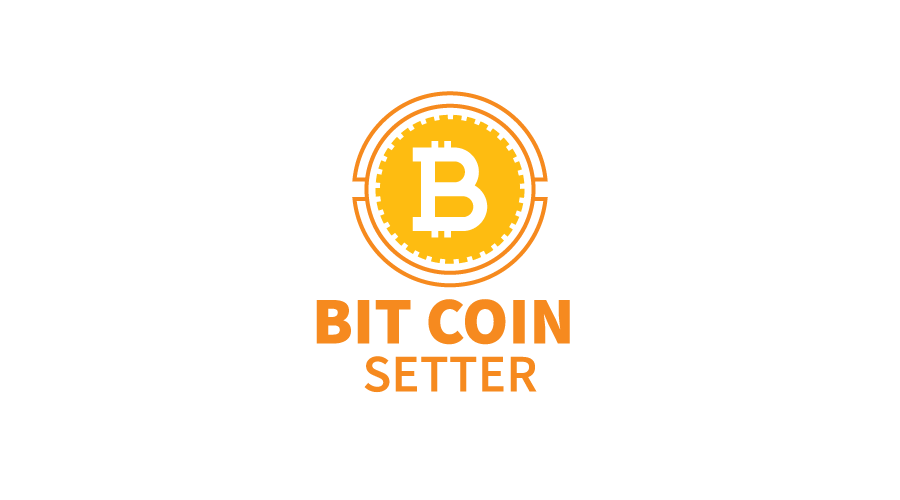Table of Contents
Blockchain gaming has introduced complex token economies that fundamentally transform how players interact with virtual worlds and derive value from their gaming experiences. Unlike traditional games where virtual currencies remain trapped within closed ecosystems, blockchain-based titles implement cryptocurrency types that bridge virtual and real-world economies. These token systems enable actual ownership of digital assets, create new revenue streams for players, and establish innovative governance models for game communities. Players curious about these evolving economic systems can visit crypto.games to play cryptogames featuring different token models. As the industry matures, understanding cryptocurrency implementations becomes increasingly essential for players looking to maximise enjoyment and potential returns.
Utility tokens function
Utility tokens are the functional currency within blockchain games, enabling basic transactions and interactions. These tokens facilitate in-game purchases, unlock premium features, and power core gameplay mechanics. Unlike traditional gaming currencies, blockchain-based utility tokens exist independently of game servers and can be transferred between players without developer intervention.Many games implement deflationary mechanisms for utility tokens, including:
- Token burning from transaction fees
- Consumption through crafting processes
- Time-locked staking requirements
- Seasonal token sinks through events
These mechanisms help maintain token scarcity and support long-term value stability despite continuous rewards distributed to active players.
Governance tokens empower
Governance tokens represent ownership stakes in game ecosystems, giving holders voting rights on development decisions and economic parameters. This democratic approach transforms players into stakeholders who can influence game evolution through formal proposal systems.The governance model creates alignment between developer and player interests, as both parties benefit from decisions that enhance game longevity and token value. Players with significant governance holdings can shape everything from tokenomics adjustments to feature prioritisation, effectively participating in decentralised game development.
NFT assets appreciate
Non-fungible tokens (NFTs) represent unique in-game assets with verifiable scarcity and ownership history. Unlike fungible cryptocurrency tokens, each NFT possesses distinct attributes determining its utility and market value. These digital assets range from cosmetic items and characters to virtual land parcels with functional benefits.NFTs introduce new economic dimensions to gaming through breeding mechanics, crafting systems, and evolving attributes. Players can cultivate valuable collections through strategic gameplay or market transactions, building portfolios that potentially appreciate as games gain popularity and items become scarcer.
Reward tokens motivate
Play-to-earn models employ reward tokens that compensate players for their time, skill, and contributions to game ecosystems. These tokens typically hold value outside the game environment and can be exchanged for other cryptocurrencies or fiat currency, creating tangible economic incentives for participation.Reward distribution mechanisms vary widely across games, with some implementing skill-based allocations while others favour investment-based returns. The most sustainable models balance competitive elements with accessibility, ensuring dedicated and casual players can earn meaningful rewards proportional to their contributions.
Multi-token systems integrate
Advanced blockchain games often implement multi-token economies that combine various cryptocurrency types within unified ecosystems. These complex systems separate different economic functions across specialised tokens to enhance stability and provide developers with more precise economic control tools.A typical multi-token implementation might include a stable utility token for everyday transactions, inflationary reward tokens for player compensation, deflationary governance tokens for long-term alignment, and NFTs representing unique assets. This separation creates natural token flows as players engage with different aspects of the game economy.
The evolution of token economies in blockchain gaming continues rapidly as developers experiment with innovative models. Players navigating this landscape benefit from understanding the fundamental cryptocurrency types and their economic functions within gaming ecosystems. As these systems mature, they promise to create more equitable value distribution between developers and players while enabling truly player-owned gaming worlds.



